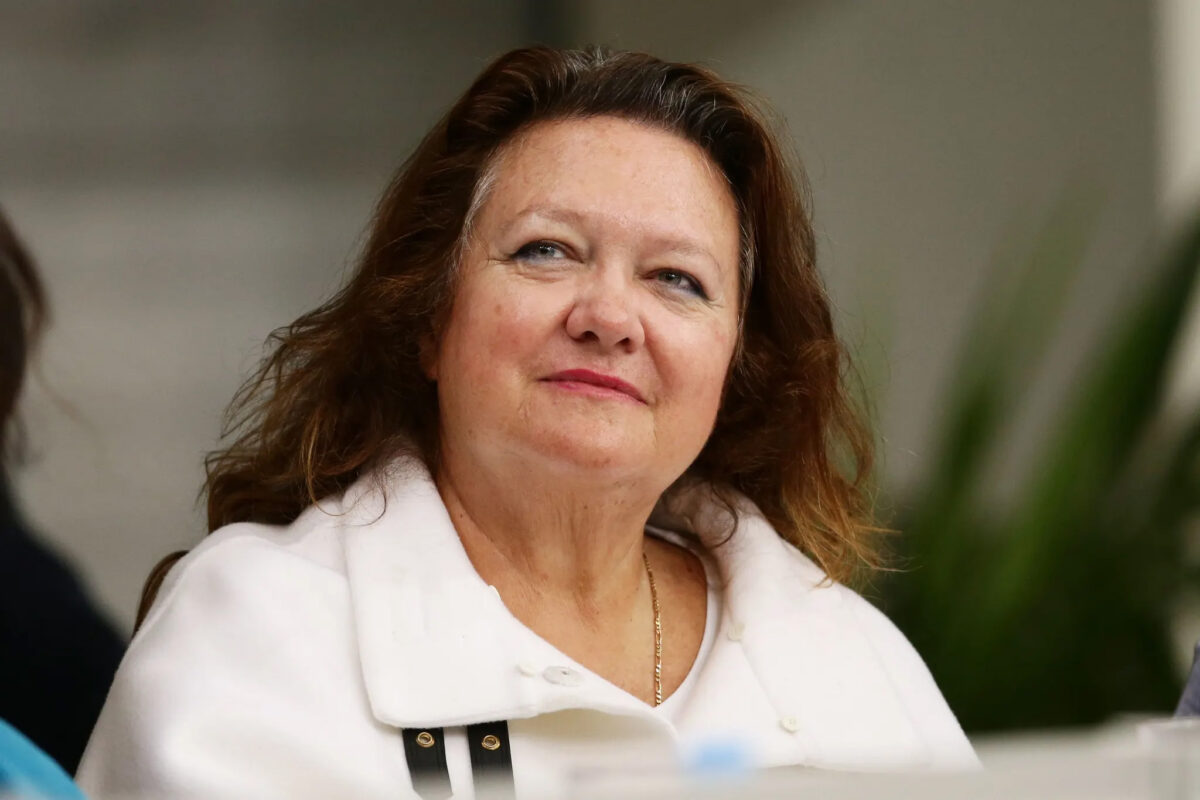Labor gives Rinehart’s $600m McPhee mine the go-ahead

Gina Rinehart’s Hancock Prospecting has received the green light from the federal government for the development of a major West Australian iron ore mine after years of environmental and regulatory delays.
Hancock Prospecting on Wednesday confirmed the $600 million McPhee project in the Pilbara had received approval from government, with first ore expected in the 2025-26 financial year. The McPhee mine was initially expected to open in 2023.

Hancock Prospecting chief executive of projects Sanjiv Manchanda blamed the environmental approval process for bogging down the development. He said that despite the mine’s small footprint, it had been subjected to many regulatory hurdles.
“[It] was referred for a long approval process in early 2021 and has experienced a multitude of challenges from changes to heritage legislation, and changes to federal environment guidelines,” Mr Manchanda said.
McPhee lies north of Hancock Prospecting’s major Roy Hill operation, and is slated to produce 10 million tonnes of crushed ore per year, with a lifespan of about 15 years.
‘Mining golden geese’ under attack
The project was approved by the WA EPA last year, but Hancock Prospecting argued several conditions placed on the proximity of blasting to nearby bat caves were too onerous, and appealed for those restrictions to be eased.
On Wednesday, Mrs Rinehart warned mining investment would move offshore unless federal and state governments worked to make it easier to get projects off the ground.
“If we keep bringing in policies and adding government tape that keep attacking the mining golden geese, making projects more expensive and uncertain, there are other countries that have iron ore and other minerals, and investment will continue to move offshore,” she said.
“It’s important that we make investment and projects more welcome, and continue receiving the benefits of the mining industry and those businesses that they support.”
Ore will be trucked from the McPhee mine to Roy Hill, where it will be processed and blended, and use existing port and rail infrastructure for export.
The company has for over a year railed against the environmental and regulatory approvals processes the mine was subjected to.
Mr Manchanda in November last year described the processes as “overreaching and onerous,” and warned it would result in fewer mining jobs in the state.
The approval for the McPhee mine comes as the Albanese government this week works to legislate a national environment protection agency. The legislation could be debated in the Senate as early as Thursday. The WA government this month has embarked on an overhaul of its EPA to expedite resources projects across the state.
